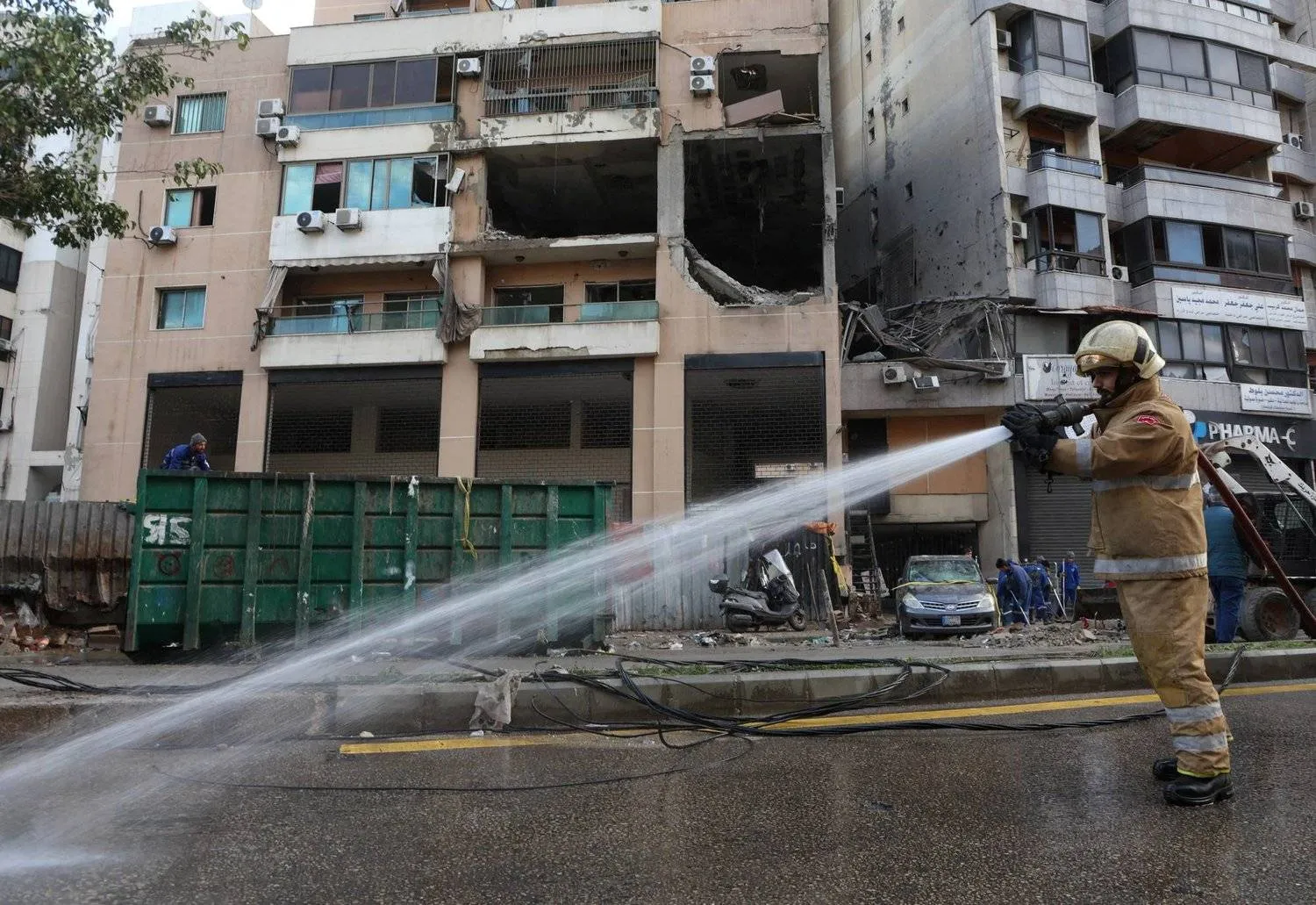After the killing of Hamas deputy leader Saleh al-Arouri, concerns arise over the wisdom of placing Hamas offices in residential areas in Beirut’s southern suburbs, which puts residents at risk, especially considering explicit Israeli threats to pursue them globally.
The reality is that Hamas’ security and military presence in Lebanon has grown since the Syrian crisis and the fallout with the Syrian regime.
Hamas political leaders are now scattered between Doha and Türkiye, while security and military elements are concentrated in Lebanon, particularly in Sidon and mainly some camps in the southern suburbs of Beirut – a Hezbollah stronghold considered a safe haven for them.
However, what applies to Hamas doesn't necessarily apply to the Palestinian Islamic Jihad (PIJ) movement, which hasn't left Damascus.
Nevertheless, the presence of its leaders in Lebanon remains limited, falling within the framework of coordination among resistance axis groups.
According to observers, military-involved leaders requiring direct coordination with Iran are in Lebanon, including figures from both Hamas and the PIJ.
On the other hand, leaders in Qatar and Türkiye play political and non-military roles.
These observers consider the southern suburbs of Beirut as the optimal location for these leaders.
However, Israel’s assassination of al-Arouri sent a message implying that rules of engagement followed with Lebanon’s Hezbollah do not include Hamas leaders.
Palestinian researcher Hisham Dabsi explained to Asharq Al-Awsat that the political leaders of Hamas in Lebanon are limited to those responsible for the Lebanese arena, such as Ahmed Abdul Hadi, Ali Barka, Ayman Shana'a, and Rafat Mara.
However, prominent leaders like Osama Hamdan, al-Arouri, Khalil Al-Hayya, Ismail Haniyeh, and others are based in Doha.
Dabsi emphasized their essential media role in Lebanon due to restrictions preventing such activities from other countries.
Even Osama Hamdan holds press conferences related to Gaza in Beirut, while Haniyeh sends recorded videos.
In contrast, Dabsi notes that unlike Hamas, the PIJ has been and still is under the protection of the Syrian regime and its leaders, safeguarded by Syrian security forces and the Iranian Revolutionary Guard.
Sources familiar with the Palestinian file in Lebanon do not expect the assassination of al-Arouri to impact the presence and concentration of Hamas’ security and military leadership in Lebanon and Beirut’s suburbs.
Armed Palestinian and Lebanese groups, alongside Hezbollah, have been conducting attacks from the southern Lebanese border since Oct. 7 in support of Gaza fighters.









